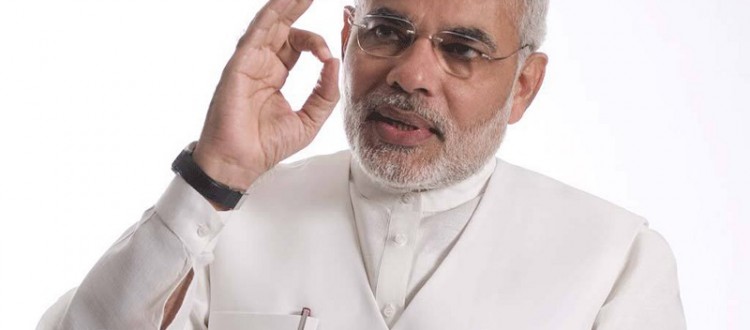Where next for relations between India and Pakistan?
Creating peace between India and Pakistan requires a strong sense of ownership over the process, with a clear packaging of the message how peace will enhance the region. Attempted intimidation by terrorist groups must be countered at every step.
| Suggested Reading | Conflict Background | GCCT |
By Kirthi Jayakumar
In the first week of 2016, India has already dealt with two terror attacks. Following closely on the heels of Prime Minister Narendra Modi’s visit to Lahore, Pakistan, a few weeks ago, these attacks have a strong sense of déjà vu. Two decades have past with both nations attempting dialogue and a renewal of ties. Whilst there are moments of happiness in the landscape of conversation, such attacks invariably follow.
That Modi visited Lahore without a prior announcement or plan was seen as a bit of a game changer or an interesting strategy. However, if these attacks are anything to go by, it only appears that it wasn’t half as much the game changer as it aspired to be. Pathankot was hit on Saturday, whilst an attack took place on the Indian Embassy in Afghanistan’s Mazar-e-Sharif on Sunday night. The United Jihad Council, a Pakistan-occupied-Kashmir based militant conglomerate has claimed responsibility for the attack in Pathankot. Although no group has come forward to assert responsibility for the incident, it is hard to miss a possible nexus in the whole scheme of affairs – Modi visited Afghanistan before making a detour to Pakistan.
It is both disheartening and unsurprising that there is so much effort going into distracting from peacebuilding across the South-Asian landscape. But what is appreciable is that the Indian government has not called-off talks despite the attack, which suggests a strong message to the very groups intent on distracting from talks. Clearly, the priorities for the government are in order – there needs to be a sustained effort at dialogue, and that alone will truly answer these terrorist groups that attempt to destabilise peace processes.
With respect to sustained dialogue, a little more prudence is in order. It does not make sense to find ourselves repetitively at the cusp of confusion and violence every time there is an effort to make peace. We cannot, as a knee-jerk reaction, allow for violence to be a response. It is one thing to keep up the dialogue and conversation, but it is a whole different thing to maintain it with the larger goal of peace in mind. To quote External Affairs Minister, Sushma Swaraj, who spoke out in the Parliament last month, India would not “be provoked by saboteurs who want to stop the dialogue process in one way or another.” However, it is important to understand that there is no point in continuing without taking stock of the thorn in the side.
Violence is clearly being used as a statement; as an attempt to either suggest that peace is impossible, or will not be allowed to subsist, or that there is a need that is seeking to be addressed. An attempt should be made to hear all voices – the Indo-Pak dialogue process is not about India and Pakistan alone – but every group that has forced itself to be heard through some form of violence or the other in the wake of any conversation.
India and Pakistan must move towards agreement on issues of divergence, which might be enough encouragement for them to maintain the fight against terrorism. However, any solution will not be comprehensive unless it accounts for the roots of terror. The roots, it appears, are not couched in a one-chapter lesson in history, but rather, in many nuances that include everything from indoctrination and radicalisation to marginalisation and poverty, with history and political differences forming only a part of the rhetoric. A good step forward would be to create a sense of ownership over the peace process, a sense of clear packaging of the message that peace will not hurt the region, but further its advancement. Only then, can there be any sustained success.
Kirthi Jayakumar is a Lawyer, specialized in public international law and human rights. A graduate of the School of Excellence in Law, Chennai, Kirthi has diversified into research and writing on public international law and human rights. She has worked as a UN Volunteer, specializing in human rights research in Africa, India and Central Asia and the Middle East. She also runs a journal and consultancy that focuses on international law, called A38.




















Where next for relations between India and Pakistan? – TransConflict – https://t.co/nuj1N30Eql
RT @rachael_rudolph: Where next for relations between India and Pakistan? – TransConflict – https://t.co/nuj1N30Eql
RT @rachael_rudolph: Where next for relations between India and Pakistan? – TransConflict – https://t.co/nuj1N30Eql
RT @gcct_tc: Where next for relations between #India and #Pakistan?: Creating #peace between India and Pakistan… https://t.co/n20pSwp3Wg
Pingback : TransConflict posted a blog post | henrytpeacemaker